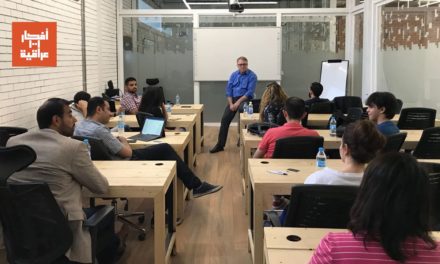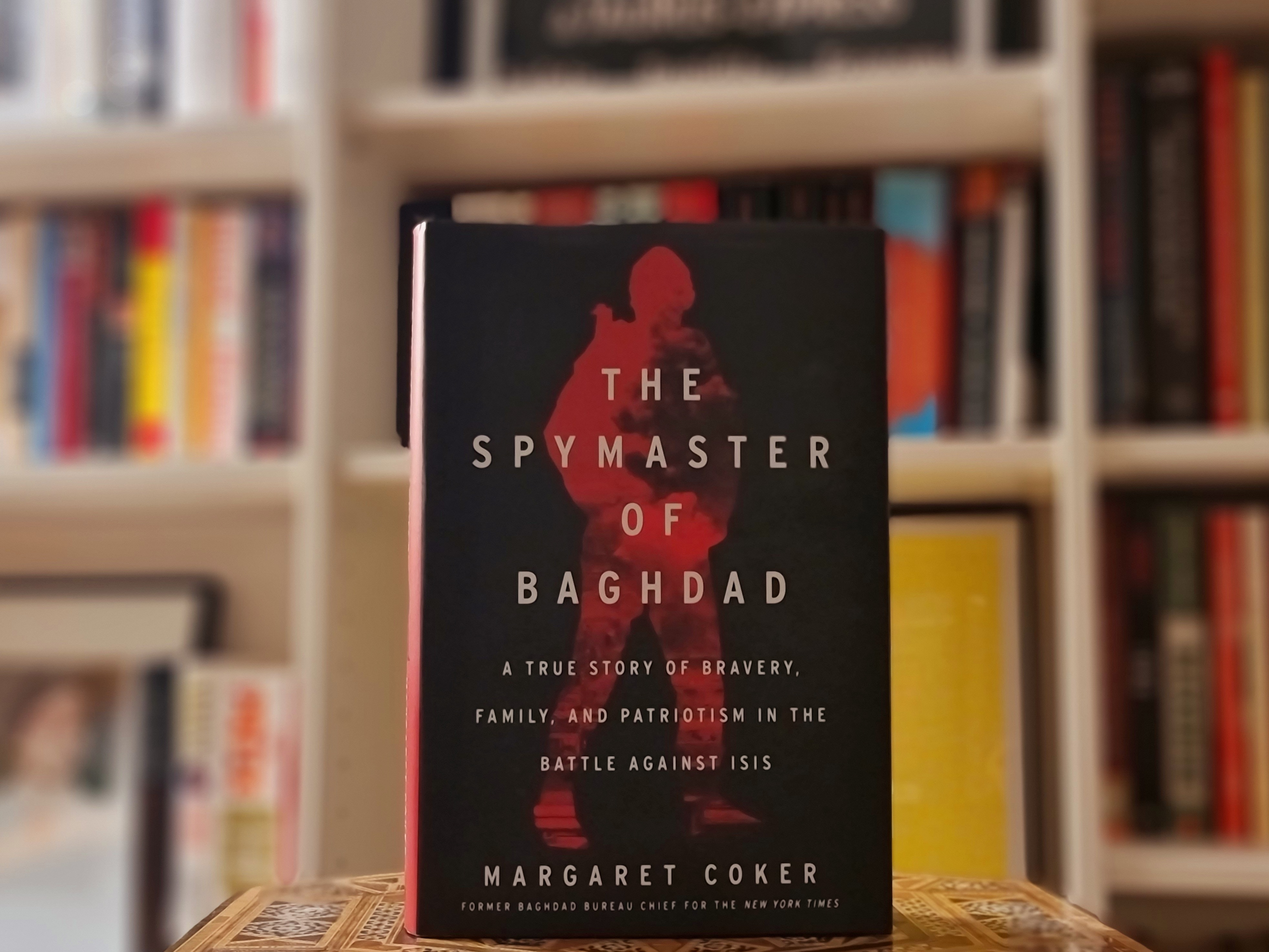Without a doubt, the 2018 Iraqi elections are going to be the trickiest thus far in Iraq’s nascent democracy. The outcomes will strongly shape the post-ISIS era, which represents a critical juncture in Iraq’s history. However, the huge number of parties, the changing allegiances of candidates, and alliances that shift within days, if not hours, make it extremely challenging to make sense of the elections.
Several Iraq analysts made the mistake of analyzing the alliances presenting their thinking with the presumption that their conclusions are solid and [almost] final. It took sometimes only a few hours to prove that these analyses were not accurate, or at least based on some solid arguments and principles, yet somehow the alliances on the ground not reflective of their conclusions. What is missing is taking the broader drivers and areas of uncertainties that are impacting the process. A better approach therefore is not to make quick conclusions about the final form of alliances but to look into these factors and how they are changing in order to make sense of what is happening on the ground.
A source of uncertainty, which is strongly impacting the alliance formation process, is the fact that the new election law has still not been passed. Huda Sajjad, a State of Law MP spoke about the difficulty of making MPs achieve the legal quorum so that a parliament session can be conveyed. Parliament is failing to pass laws as urgent as the budget, not to mention a law as important as the new election law. There is a huge chance that it will not pass before the elections. Therefore, political parties are forming alliances that try to take into consideration the old law. These alliances will shift based on the prospects of passing the new law, determined by indicators from the ongoing negotiations. The shifts are going to continue until the fate of the new election law is determined, or IHEC’s deadline for providing the lists and later officially announce them. What Ahmad Al-Asadi, former State of Law MP said in an TV interview can serve as a general rule for the alliance formation process: expect anything to happen hours before the deadline.
One of the ways to explain the formation and quick dissolution of the alliance between the Al-Nasr slate led by PM Haider Al-Abadi, and the Al-Fateh slate headed by Hadi Al-Ameri could be explained based on the previous issue. The old election law favored the smaller and medium sized alliances. After Nasr and Fateh merged, the already large Al-Hikma joined the alliance, making the final coalition extremely vast. This made Fateh decide to run separately, citing as justification for some ‘logistical considerations’ but expressing its willingness to form with Abadi a coalition after the elections.
Also, many analysts make the mistake of judging the situation based on their own aspirations and expectations, rather than realities on the ground. For instance, most analysts make the mistake of looking for political programs and principles that determine the formation of the coalitions, and often criticizing the lack thereof. However, while some programs exist on paper, Iraq has not reached the level where election programs are nuanced enough to be issue-based, where they form the basis of coalition formations. The elections are still about the overall direction the country is heading towards. At one hand, there is the issue of how to deal with the major challenges facing the country since the establishment of the New Iraq such as fighting terrorism, keeping Iraq united, applying the constitution, fighting corruption and achieving minimum stability that enables rebuilding. On the other hand, there are the overall interests of the specific sects and ethnicities and how to achieve peaceful coexistence.
By looking at those participating in the elections, there are two major questions that will [theoretically] determine how much progress will be achieved on the high level issues mentioned above.
The first will be whether Abadi will secure a second term, in which he promised to tackle the issues of stability, rebuilding liberated cities, rule of law and corruption after defeating ISIS, making important progress in fighting terror, preventing the economy from collapsing and preserving the unity of Iraq.
The second important question is whether the Kurds will go back to their one-sided approach of dealing with Baghdad, which has manifested itself in the past through the unified alliance that dictated their policy with the central government. The alternative is that the opposition finally breaks loose from the grip of two ruling parties and choses its own approach to deal with Baghdad. There are indicators that this will happen. It needs to be seen how much this alternate policy is effective in shifting the relationship between the Government of Iraq and the Kurdish Regional Government by making it more stable and productive.
As for the issue of sectarianism, while polls clearly show that Iraqis prefer anti-sectarian alliances, the general components that make up the current alliances in Iraq today have not changed much. Without getting into the details, most coalitions do not show the diversity in terms of sects and ethnicities the Iraqi people are striving for.
However, as Harith Hassan rightly pointed out, combating sectarianism does not happen through forging cross-sectarian alliances, nor is it an issue of forming national unity governments. In other words, combating sectarianism does not happen during the election season but in the four years that follow. It is a process on a deeper social level and is determined by how much the government, political elite, and civil society have taken the issue seriously and are doing something about it through the policies and programs they support and implement.
Therefore, the election process and the accompanying choices of alliances are based on cold calculations that might make strange bedfellows and do not necessarily tell the whole story. Having said that, the public perception is certainly important and should not be overlooked when forming alliances. Joining the wrong people based on pure self-interest can backfire and cost prominent candidates the election. On the other hand, winning the election with the wrong people would enable them and pose a long-term threat to the stability of the political process.
Figuring out the Iraqi elections is truly a complicated task. However by taking the points above into consideration, it might be possible to avoid some pitfalls of analysis.

Muhammad Al-Waeli
Muhammad Al-Waeli is an Iraqi commentator on political and social issues. He is currently doing a PhD in Human Resource Management and is interested in politics, media, and development.










